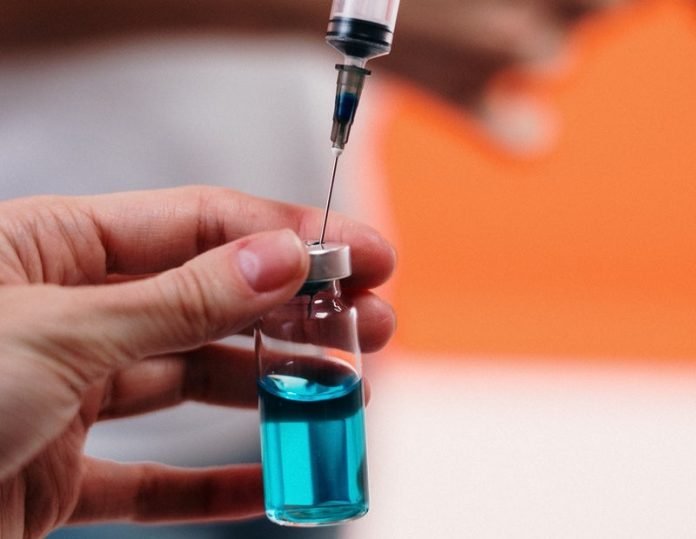
In a new study, researchers found that an affordable anti-microbial drug used to treat stomach ulcers and bacterial infections has shown promise in combatting the coronavirus in animals.
The research was conducted by scientists at Hong Kong University.
The coronavirus has killed more than a million people since it first emerged in China last December and then spread across the globe.
As scientists scramble to find a vaccine, they have also been scouring readily available drugs that might alleviate symptoms caused by the COVID-19 disease or help the body fight infection.
Remdesivir, a broad-spectrum antiviral drug, and dexamethasone, a type of corticosteroid, have both been identified as having some success against the virus. But they have drawbacks.
In the study, the team set out to explore whether metallodrugs—compounds containing metal that are more commonly used against bacteria—might also have anti-viral properties that could fight the SARS-CoV-2 coronavirus.
They tested the drug on Syrian hamsters as test subjects and found that one of the drugs, ranitidine bismuth citrate (RBC), was a potent anti-SARS-CoV-2 agent.
They found RBC was able to lower the viral load in the lung of the infected hamster by tenfold.
The findings demonstrate that RBC is a potential anti-viral agent for COVID-19.
The scientists say that RBC was a commonly available drug used against stomach ulcers with a safe and comprehensive pharmacological profile. It’s been used for decades so it’s pretty safe.
They suggest other metallodrugs might also have success against the virus and should be further explored.
One author of the study is Runming Wang.
The study is published in the journal Nature Microbiology.
Copyright © 2020 Knowridge Science Report. All rights reserved.



